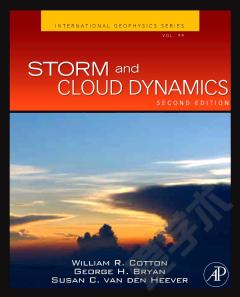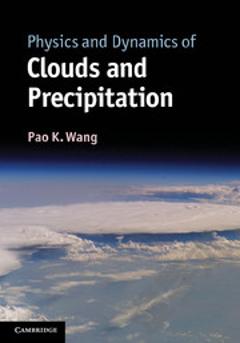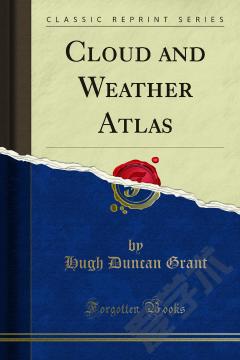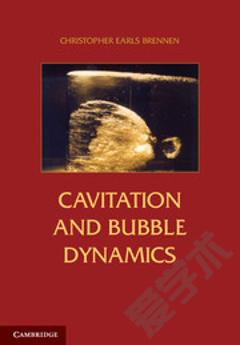Storm and Cloud Dynamics
Storm and Cloud Dynamics focuses on the dynamics of clouds and of precipitating mesoscale meteorological systems. Clouds and precipitating mesoscale systems represent some of the most important and scientifically exciting weather systems in the world. These are the systems that produce torrential rains, severe winds including downburst and tornadoes, hail, thunder and lightning, and major snow storms. Forecasting such storms represents a major challenge since they are too small to be adequately resolved by conventional observing networks and numerical prediction models.Provides a complete treatment of clouds integrating the analysis of air motions with cloud structure, microphysics, and precipitation mechanicsDescribes and explains the basic types of clouds and cloud systems that occur in the atmosphere-fog, stratus, stratocumulus, altocumulus, altostratus, cirrus, thunderstorms, tornadoes, waterspouts, orographically induced clouds, mesoscale convection complexes, hurricanes, fronts, and extratropical cyclonesSummarizes the fundamentals, both observational and theoretical, of atmospheric dynamics, thermodynamics, cloud microphysics, and radar meteorology, allowing each type of cloud to be examined in depthIntegrates the latest field observations, numerical model simulations, and theorySupplies a theoretical treatment suitable for the advanced undergraduate or graduate level, as well as post-graduate
{{comment.content}}








 京公网安备 11010802027623号
京公网安备 11010802027623号